I was born and raised in Ferguson. My grandfather came here in 1920. I still get emotional because it’s my hometown. I couldn’t believe what was going on on many different levels. We worked so hard to make this a good town. I say “we” — the entire community. And to see what was going on and how it was portrayed, it was almost incomprehensible. So, I tried to change my routine and get up early every morning to go through what was W. Florissant, and I was just so disappointed to see all the trash and stuff. So, about a week afterward I said, “You know something, guys? We need to do something to make an impact. Let’s just start cleaning up.” We had volunteer accounting people, salespeople, and guys who drive trucks, and they came in early for about a week and a half to clean up. That really helped me to engage and feel like I could contribute to something.
I had to do as much listening as I did talking because everyone wanted to tell their story, and it gave me an opportunity to listen.
It was rather chaotic. No one knew what was going on. No one knew what was next. I’m very critical of the leadership on all sides as far as how it was handled, and the reason I get emotional is because I think about all the people hurt by this. Hard-working people. Negwar Materials wasn’t affected at all. We’re a regional company. Our location has very little to do with our incoming business. Most people don’t even know we’re here. But this is where I was raised. And the people who got hurt were the ones who couldn’t afford it. And no one seemed to be addressing that issue. That’s why I felt I wanted to get involved with the Ferguson Commission.
One of the legacies of the Ferguson Commission is not necessarily going to be the report we develop, but the conversations we have caused among a diverse group of people. It’s tailed off somewhat, but there was not a business meeting I went to, or a lunch I had, or phone calls I’d make when someone wouldn’t ask me about the Ferguson Commission and what’s going on. I had to do as much listening as I did talking because everyone wanted to tell their story, and it gave me an opportunity to listen and then explain the issue.
I had some pretty interesting positive conversations. That’s really the legacy I see us leaving now that these groups are engaged.
You know, I was adamant, and still am today, that this is not a Black–White issue in Ferguson. Obviously, that was subliminally there. But, it was a police–Black issue that erupted and that’s a real issue. And when I framed it that way, suddenly the protest was viewed differently by the White people I was talking to, and particularly in the construction trade where you have — and I’m being very stereotypical here — you know, kind of the guy’s guys. If you are picked on all the time, you eventually get fed up and you react. And this is what happened. It was a reaction to, “Hey, I haven’t been treated fairly.” You can relate to that. But the issue is bigger. “Why is this group being treated unfairly?” I’ve belonged to a lot of industry groups, and people from Baltimore to Los Angeles said, “Hey, Scott, I understand you’re on the Ferguson Commission. What’s that all about?” I had some pretty interesting positive conversations. That’s really the legacy I see us leaving now that these groups are engaged.
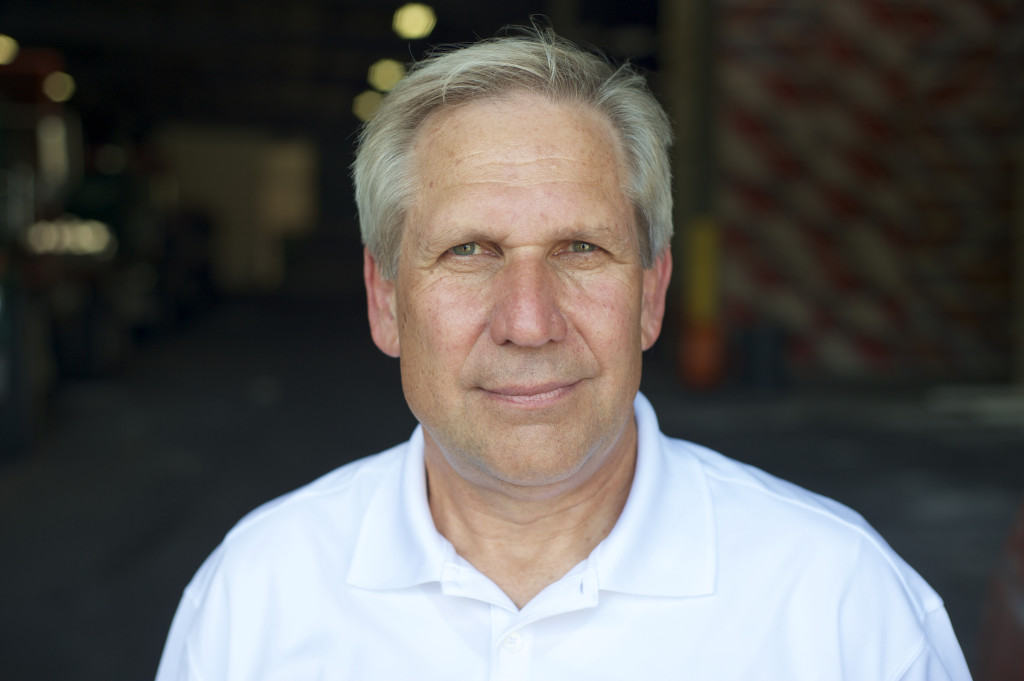
Commissioner Scott Negwar, photos by Lindy Drew
The issue was truly a Ferguson issue, but it wasn’t generated by Ferguson as the media would report like, “Ferguson:City in Racial Strife.” Yes, there were truly issues within Ferguson, but it’s so much deeper than that. And to portray this area as a bad area and unsafe, it was inaccurate.
Was I careful not to get into debates with people who aren’t going to move? Absolutely. You have to recognize there are some people who have their minds made up. You try to move them a millimeter:“Hey, yeah, I hear what you’re saying. But would you consider this? How about that? Have you thought about that?” Just trying to get people to move, one person at a time. That’s a strength the Ferguson Commission has given me. That’s the pulpit it has given me, and I’m trying to figure out how best to use that. I hope I can keep that title. I hope they don’t say the Ferguson Commission is done. Because I feel like I can make a difference and I think everybody wants to make a difference.
We’ve got to make a difference. We have to change.
We’ve got to make a difference. We have to change. We have to engage the African American community and open our doors, and I’ll use our company as a great example. They call it systemic racism. And I was aware of it. You go to any business seminar and you’ll hear that when you’re hiring people, you need to hire family, friends of family, friends, and then friends of friends. Then do that with your workers. Hire their family. Hire their friends. So, what does your company look like? It’s who you are. And you don’t go outside of that. “I’m going to hire my neighbor because I know them and I like them.” Or, “Oh, I don’t know those people. I have investments and my house is on the line.” We don’t get outside of ourselves. I guess I took that to heart. And because our company is large enough, I said, “Okay, how do we get outside of ourselves?”
We were having trouble finding young people to do the truck driving and the hard labor. So, we changed our approach to recruiting and it’s paid off. We could not understand why we were not getting people coming into Negwar Materials from North County and applying for jobs. Well, because our ads were written by, at that time, a 60-year-old White guy and approved by a 58-year-old White guy. Here we are, we have a new HR person, she’s young, and she wanted to change it up. She wrote one of the most bizarre help wanted ads and it worked like that. Instead of saying, “Send your resume,” she said, “Call me. I’m Maria.” We got people responding to it. Three African Americans from North County applied for a job in a period of time when we were not getting any. And this wasn’t just dumb luck, because we were doing this systematically. And then it changed and, boom. It came in. We changed the ad to other locations, ran it there, and it worked there also. So, we had to change our approach to recruiting and understand you have to be very welcoming. Here’s a guy who was raised in a diverse community. I wasn’t getting it because I wasn’t focused on it.
Some experts say, “It’s not an issue.” But, that’s not the world that I’m in.
“What have you learned from the youth’s perspective from doing a lot of listening?”
They’re frustrated. They don’t see opportunity. The hope isn’t there. I want to get them empowered so they feel they have control and can take advantage of what’s out there.
“And one way is offering them jobs because you’re a business owner. How else would you like to empower them?”
Just encouraging them to engage in the community. Be involved. Education is critical. And family matters. That is what makes this work. It’s a family commitment. That’s a piece I struggle with the most. Some experts say, “It’s not an issue.” But, that’s not the world that I’m in.
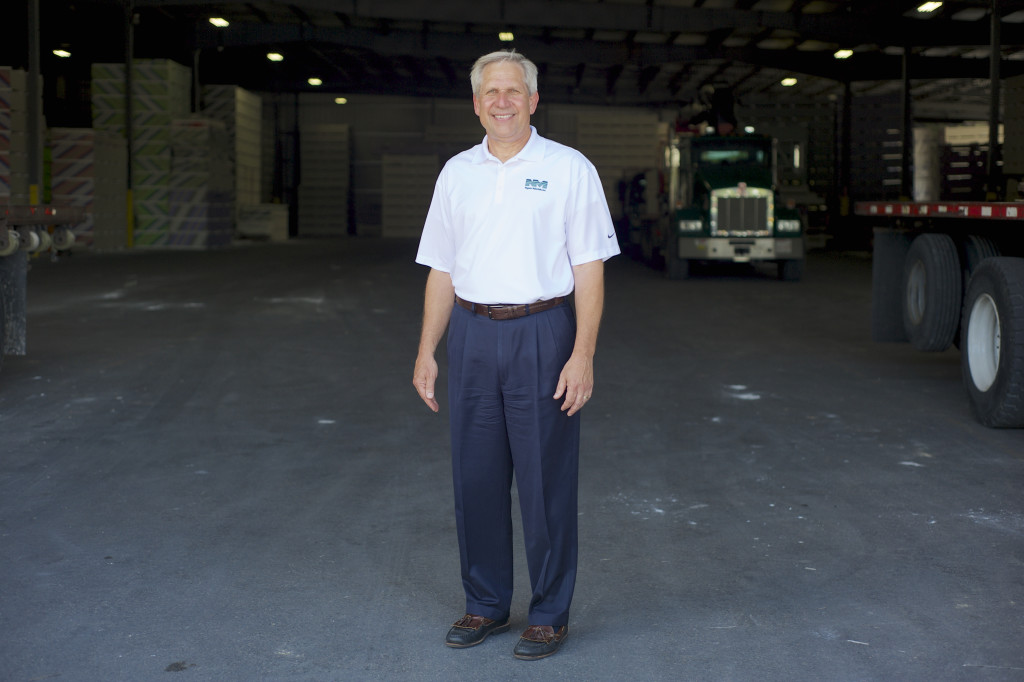
So many people use the word they. “Well, they don’t get it.” I said, “Who’s they?” “Well, the Black people.” “Do you use they when you refer to White people? When you say they, are we just like the group in Waco, Texas. Are we part of they? The Black community is a diverse community just like we are. Unfortunately, there are more who are economically and socially disadvantaged. But there’s no set they in the African American community. So, don’t say they. Tell me who you’re talking about.” And I’ve been pretty adamant. “Are you talking about the middle-class Black person who we see every day in Ferguson and around North County? Or, are you talking about the socially and economically challenged? Or are you talking about the highly successful? I mean, you guys have to break this up and try not to talk about the generic they.”
Transportation is a big issue. And I’ve never had a transportation issue in my life. To think that you have to give up a job because you can’t get there.
I talked to several business owners in construction and asked them about giving opportunities to African Americans. “What about investing in that? Don’t you think it would be great if you hired and trained people?” And all of them addressed transportation as an issue because in construction you’re moving from job site to job site. It’s not like you can say, “My buddy works close, I can drop him off, and then he’ll take a bus.” Transportation is a big issue. And I’ve never had a transportation issue in my life. To think that you have to give up a job because you can’t get there. Wow. The other things you kind of get, but that piece I was oblivious to. I see buses, but you forget those buses don’t go out to Wentzville where the next construction project is assigned. They don’t go down to Soulard at 6 a.m. where they’re rehabbing the latest bakery. That was probably one of the most “Oh, wow” moments for me. I recognized it probably about the third time I heard it from an employer. Experts have their education and transportation stats and they’re talking about one half of one percent. Well, I think it’s a lot higher than that. And here in St. Louis, it’s an issue because we don’t have good public transportation.
Yeah, it’s uncomfortable, but they wanted to tell those stories. And I listened. We circled around and around, and I think it made a difference.
I was invited to a golf outing in Phoenix, Arizona. There’s an executive of a $3 billion manufacturing company there, a senior Vice President, a group of four or five other companies, like mine, and a contractor. We’re having a great bar-b-que after golfing and having drinks and the Ferguson Commission comes up. And we spend an hour and a half discussing racial issues, direction, and people are not debating. They are wanting information. And these are people that know it all, and I say that facetiously because most business owners feel like we know it all. Because of all the information I gathered at the Ferguson Commission, there were such engaged questions and a couple of emotional stories. Yeah, it’s uncomfortable, but they wanted to tell those stories. And I listened. We circled around and around, and I think it made a difference. I’m just a simple guy from Ferguson, Missouri. We’re at this guy’s very exclusive house overlooking a pool and the desert. Very beautiful location. This guy’s an executive. The last place you think you’re going to be discussing race riots and civil unrest in Ferguson, Missouri. I think that’s why I get so emotional because this little burb I’ve been raised in and settled in, I’m being quizzed by everybody – “What’s it like?”

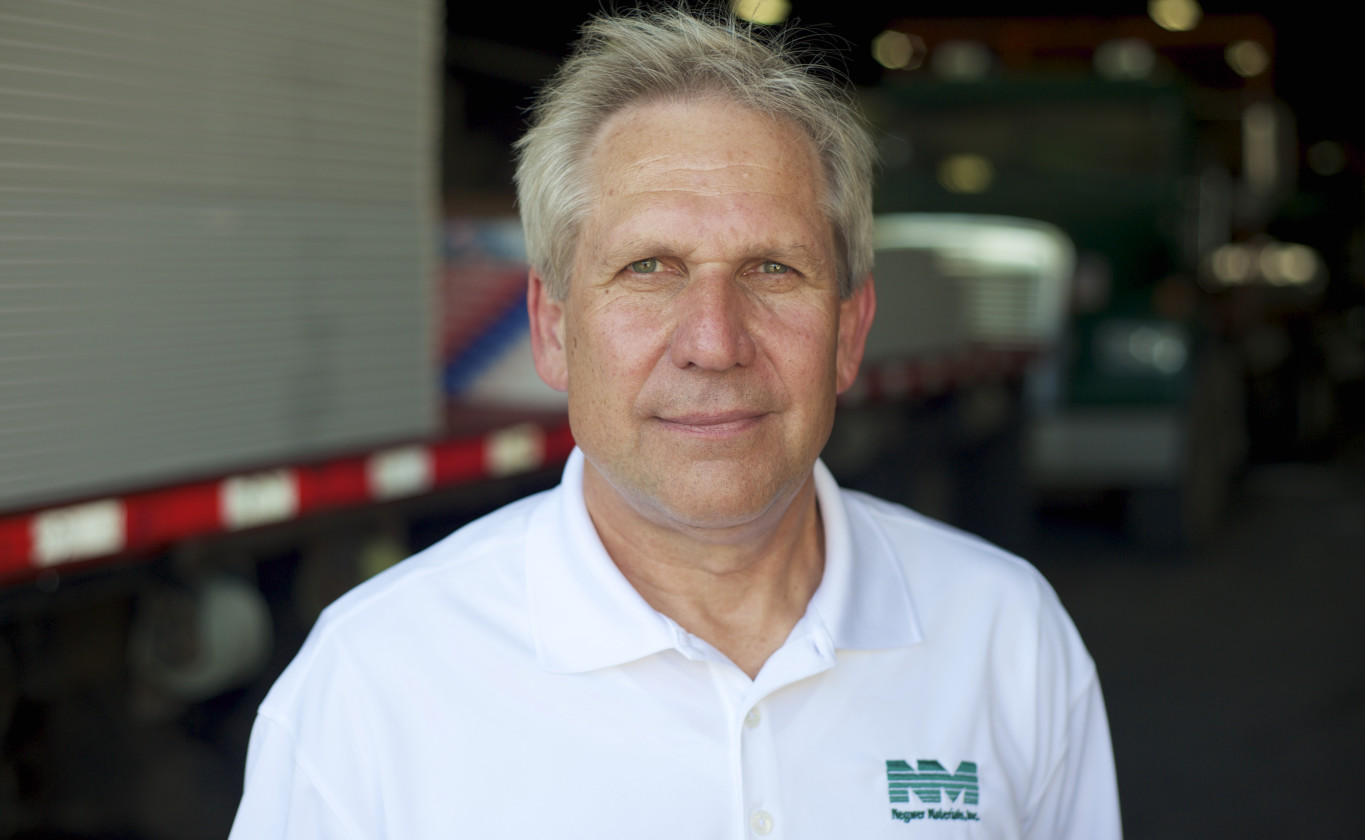
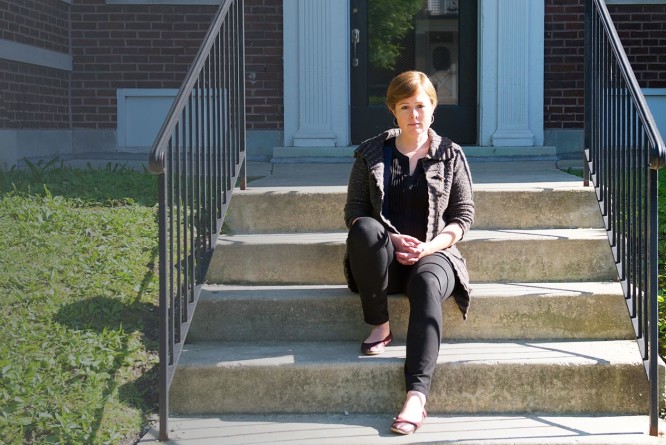
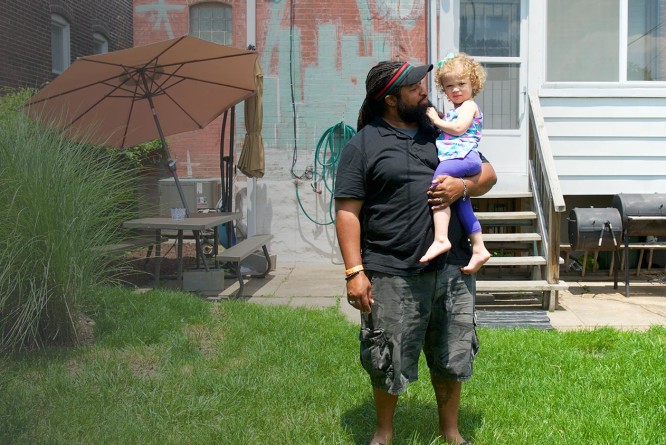
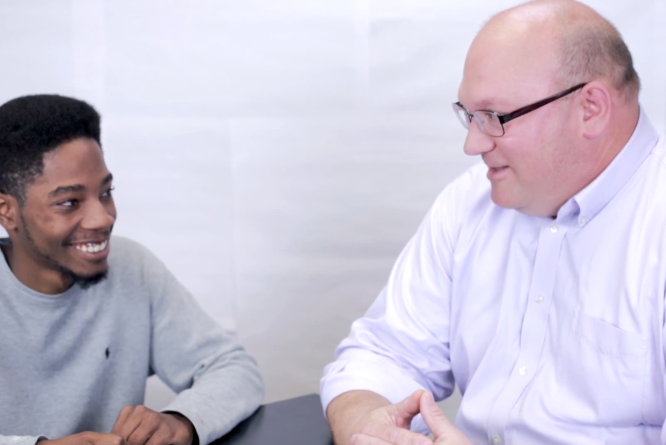
#FwdThruFerguson